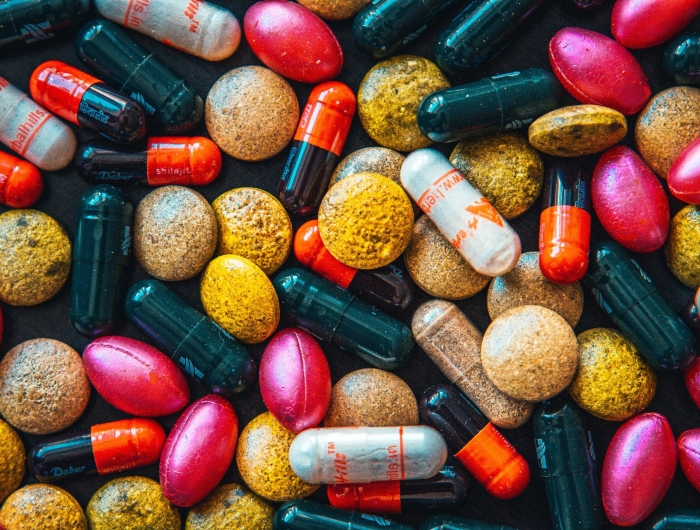“Performance enhancement” supplements underperform in lab tests

Raimond Klavins - unsplash.com.
Statement of CSPI President Dr. Peter G. Lurie
Unsurprisingly, it turns out that dietary supplements that purport to “enhance” athletic performance have some performance issues of their own.
Dr. Pieter Cohen of Harvard Medical School and colleagues tested 57 supplements labeled as containing one of five purported “performance enhancing” ingredients: Rauwolfia vomitoria, methylliberine, turkesterone, halostachine, or octopamine.
Their findings are published today in JAMA Network Open.
Forty percent of the products Dr. Cohen and colleagues tested had no detectable levels of the advertised ingredient. In the products with detectable levels, the levels ranged from barely detectable to more than 300 percent of the specified amount. And seven of the supplements were found to have an ingredient prohibited for use in supplements by the Food and Drug Administration.
It’s hard for consumers to have confidence in any category of dietary supplement. Cohen and others have found similar problems with other categories of dietary supplements, including supposed cognitive enhancers and melatonin and CBD gummies.
As I indicated in a commentary accompanying the research, the absence of the advertised ingredient in 40 percent of the performance enhancement pills might actually be good news for consumers of those products, since FDA doesn’t vet the pre-market safety or efficacy of any of these products. And we at CSPI have documented unsupported claims for the efficacy of dietary ingredients that purport to stop nicotine cravings, curb opioid withdrawal symptoms, treat or prevent COVID-19 and other viruses, or solve women’s fertility problems.
Congress should enact commonsense reforms that give the FDA the authority and resources it needs to police this growing $56 billion-per-year marketplace.
In the meantime, consumers should steer clear of this latest category of supplements. It’s very likely you’re not getting what’s described on the label, and it’s not likely that any amount of the advertised ingredients would help “enhance” much of anything—except the companies’ bottom lines.
# # #

